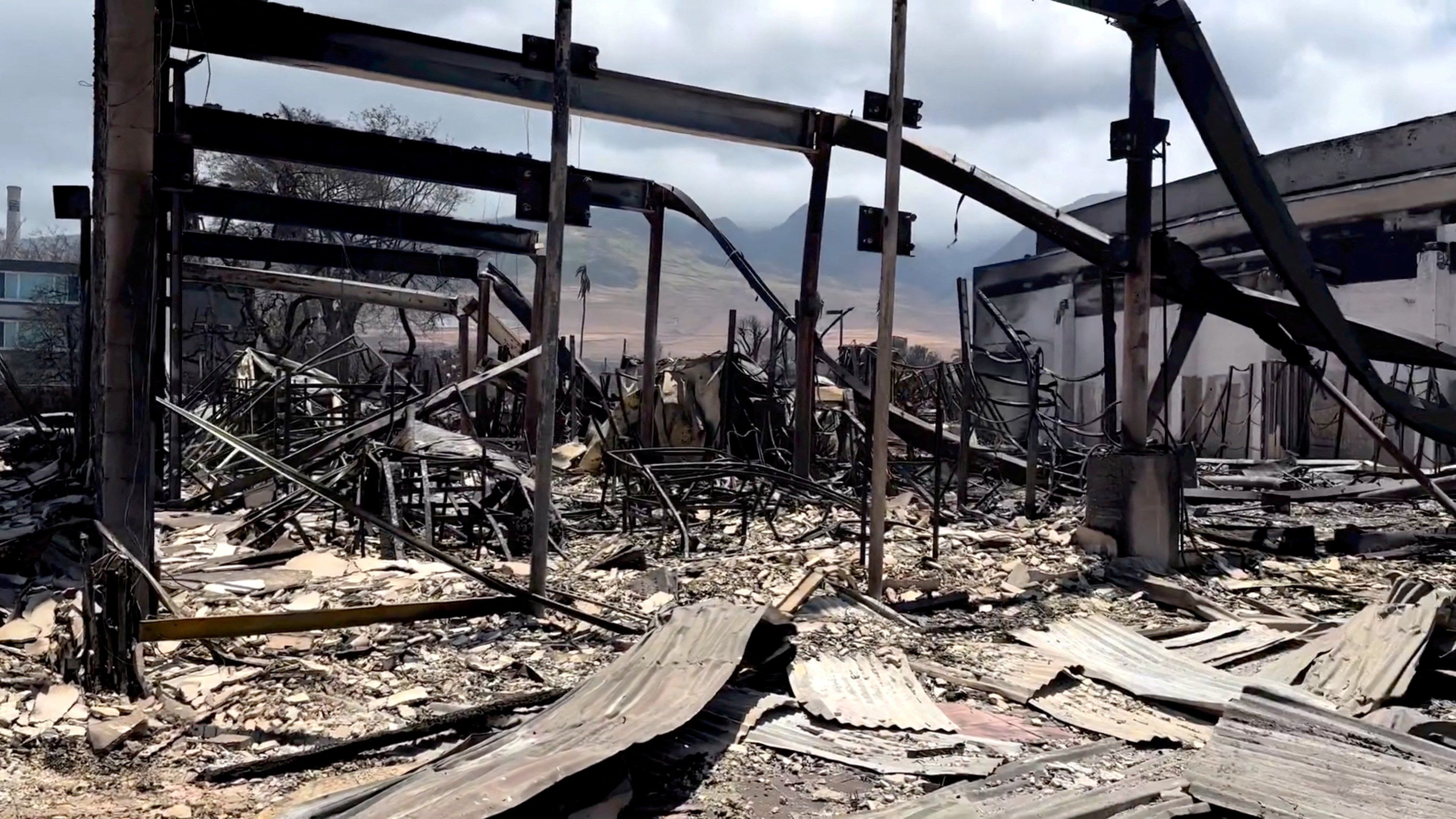With 96 people confirmed dead, more than a thousand still unaccounted for, and an estimated $5.6 billion in rebuilding costs, last week’s Maui wildfires are shaping up to be one of the US’ most devastating natural disasters. The catastrophe may also set the scene for nasty political battles in the run-up to the 2024 presidential election.
Over the weekend, Republican US Rep. Lauren Boebert questioned why President Joe Biden remained on vacation in Delaware, railing on X, formerly known as Twitter, that "There is a total crisis in Maui. 3,000 destroyed homes. 80 people dead. Where's Joe Biden? On vacation of course. There is no bottom for this president.”
The post immediately garnered both bouquets and brickbats. Some equated Biden’s absence with President George W. Bush’s delay in visiting New Orleans after Hurricane Katrina hit there in 2005. Others commented that “the last thing the rescue effort needs is a presidential entourage.” Meanwhile, Democratic Hawaii Gov. Josh Green praised Biden for approving the state’s request for a disaster declaration on Friday.
But the most significant impact may be on public support for Biden’s green energy policies and the fight against climate change. Boebert’s attack came after Biden noted that she, "along with every other Republican,” voted against the Inflation Reduction Act, which Biden recently credited for creating 850 clean energy jobs in Boebert’s own district, in Pueblo, Colo.
Far from being Biden’s Katrina, Maui may drive home the point that Americans ignore climate change at their peril. While Republicans like Florida Gov. and presidential candidate Ron de Santis busy themselves with removing the subject from school curricula, Democrats may simply point to images of a torched Lahaina as evidence that the country cannot wait to take the threat seriously – while claiming that they are the only party that does.